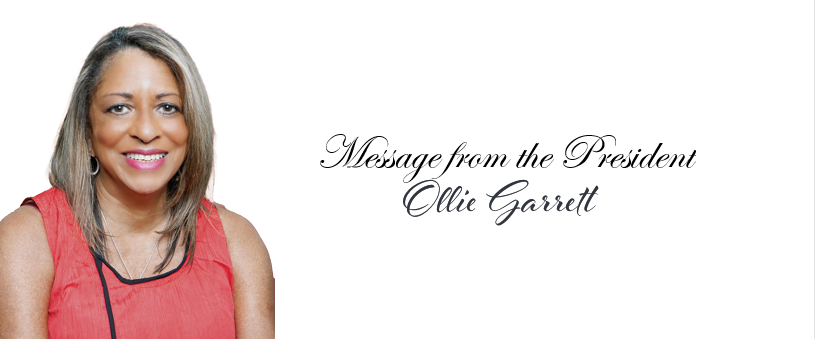As we celebrate the birth of Martin Luther King and enter Black History month, as the President of Tabor 100, I reflect on the progress African Americans have made in Washington State.
I am pleased to report that Black people have elevated themselves in the private sector and government to have substantial individual influence. All that aside, we must ask the question: “With all the ‘progress,’ what is the state of the Black community in this state?”
Like it or not, the basic gauge of well-being in this county is family net worth. It is tied to better health care, the ability to pursue higher education, a longer life expectancy and, of course, basic quality of life. The net worth of Caucasian families in King and Snohomish Counties is $456,000. Hispanic Households are way behind at about $90,000, but African American families are worth about $23,000. Yes, the average net worth of a Black family in this region is 1/20th that of a Caucasian household. It is felt acutely in every aspect of our lives.
While in this liberal region of the country Black family net worth is 1/20th that of Caucasians, elsewhere in the nation, including the deep south, African American net worth is only 1/10th that of their White counterparts.
I will not belabor the why’s of this phenomenon, but will offer ways to address this disparity. Business ownership is the best way in this country to improve a family’s net worth because not only does the business owner benefit, but she or he tends to employ others from their community.
Let me offer some thoughts on how public and private sector entities can aid Black businesses in Washington state:
1) Contribute to the Tabor 100 Black Business Equity Fund: We have provided more than $500,000 to Black Businesses in the first six months of the Fund’s existence and hope to be able to make $5 million available in the next two years. Since the Covid pandemic began, 41% of Black businesses have closed, double the rate of closure for Caucasian-owned firms.
2) Rethink Opportunity: When there is a need for goods and services in your business, use a Black business.
3) Re-Examine labor policies: Whenever a group of small minority businesses in the construction arena begin talking about barriers to their success, they regularly point out “Project Labor Agreements” and “Community Workforce Agreements.” Most King County government agencies tout these agreements as helping the community, but are they really?
4) When Commitments are made, follow-through: In the wake of George Floyd’s murder more than $50 billion nationally was pledged to assist Black-owned businesses, including here in Washington state. According to Creative Investment Research, a leading group analyzing social impact investing, less than $250 million has went to Black-owned businesses.


